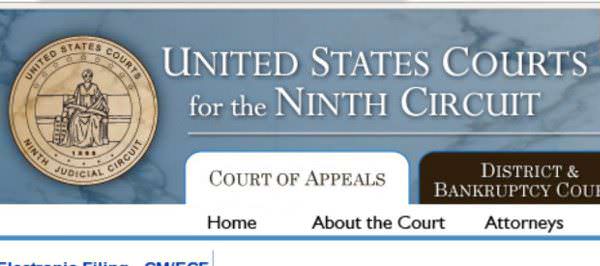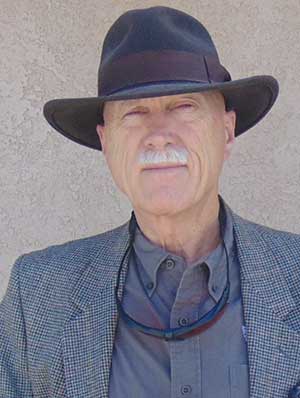By Dean Weingarten

Arizona – -(Ammoland.com)-
Edward Peruta and his fellow plaintiffs have decided to have their councel petition the Supreme Court to hear an appeal to the last Ninth Circuit decision in The Peruta case.
Edward Peruta applied to the San Diego County Sheriff for a permit to carry concealed. The Sheriff refused to grant him a permit. Peruta’s case was wrapped in with another case making its way through the courts, with other plaintiffs. The plaintiffs were ruled against in the district court and appealed to the Ninth Circuit.
The Ninth Circuit ruled that County Sheriffs could not use their discretion to arbitrarily deny concealed carry permits, because California had outlawed most open carry; therefore the Sheriff could not arbitrarily deny carry outside the home to the general population.
After a change in the leadership of the Ninth Circuit, the Ninth decided to set aside the decision of the three judge panel, and hear the appeal en banc. In the en banc decision, the Ninth ignored the ban on open carry and concluded that it was constitutional for sheriffs to use discretion to deny concealed carry permits. The orders and opinions at the Ninth Circuit are available here.
The legal team of C.D. Michel and Associates has filed a Petition For Writ of Certiorari to the United States Supreme Court. The question filed is whether, when open carry is prohibited, can county sheriffs ban most people from obtaining a concealed carry permit, when they have the option to grant those permits? Here is the question as given in the petition:
QUESTION PRESENTED
Under California law, openly carrying a handgun outside the home is generally prohibited, but concealed carry is permissible with a license. While an applicant must demonstrate “good cause” to obtain a concealed-carry license, county sheriffs can—and many do—interpret “good cause” to include a desire to carry a handgun for self-defense. The San Diego County Sheriff takes a different, and much more restrictive, approach, defining “good cause” to require a particularized need for self-defense that differentiates the applicant from the ordinary citizen. The majority of a three-judge panel held the Sheriff’s policy unconstitutional, concluding that ordinary, law-abiding citizens may not be deprived of the ability to obtain concealed-carry licenses for self-defense when state law already prohibits open carry. But the majority of an en banc panel reached the opposite conclusion, holding that the Sheriff may deny concealed-carry licenses on any terms he chooses because there is no independent constitutional right to concealed carry. In reaching that conclusion, the Ninth Circuit added to the sharp division among the lower courts over whether the Second Amendment allows ordinary, law-abiding citizens to be deprived of all means of carrying a handgun for self-defense.The question presented is:Whether the Second Amendment entitles ordinary, law-abiding citizens to carry handguns outside the home for self-defense in some manner, including concealed carry when open carry is forbidden by state law.
About Dean Weingarten;
Dean Weingarten has been a peace officer, a military officer, was on the University of Wisconsin Pistol Team for four years, and was first certified to teach firearms safety in 1973. He taught the Arizona concealed carry course for fifteen years until the goal of constitutional carry was attained. He has degrees in meteorology and mining engineering, and recently retired from the Department of Defense after a 30 year career in Army Research, Development, Testing, and Evaluation.
